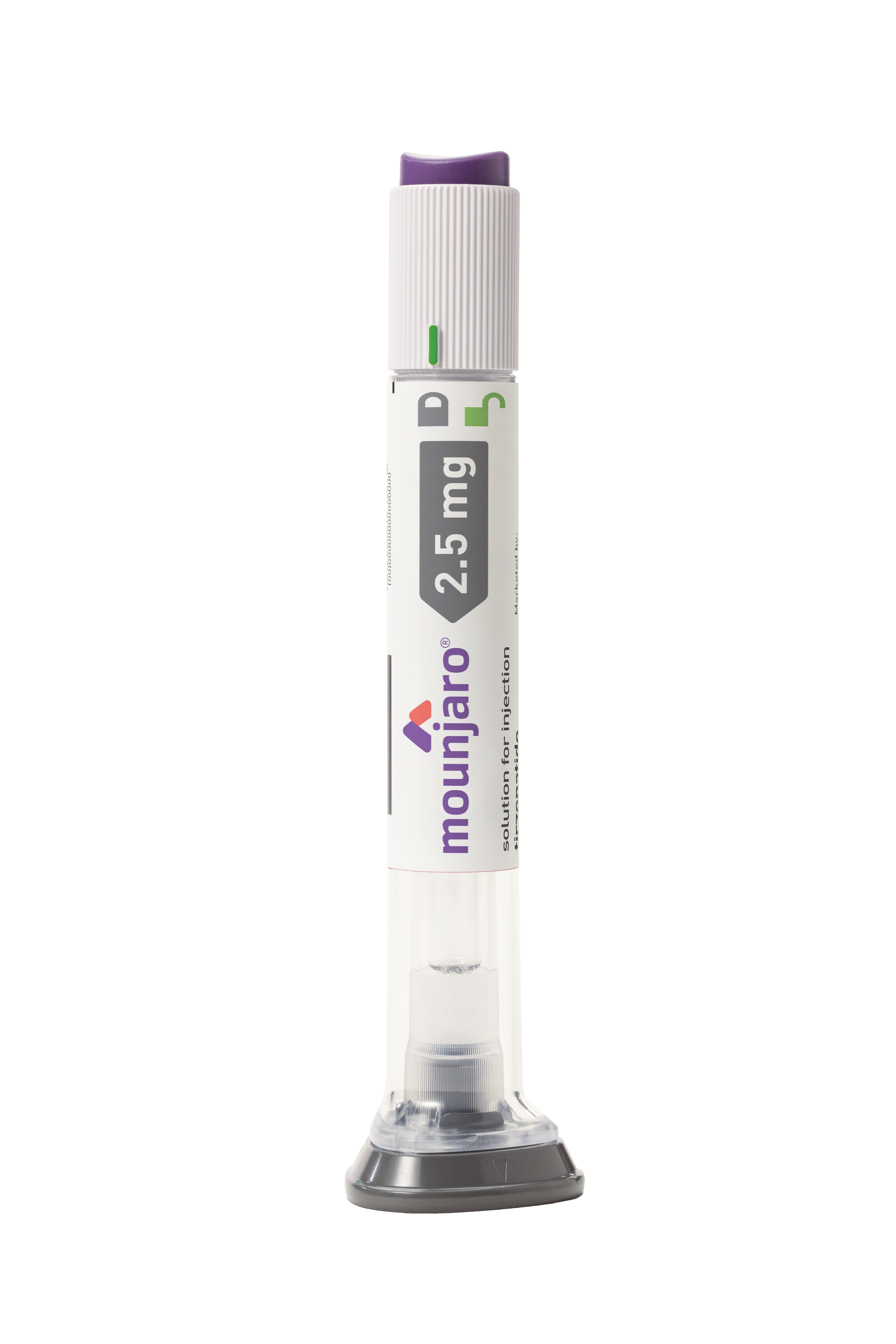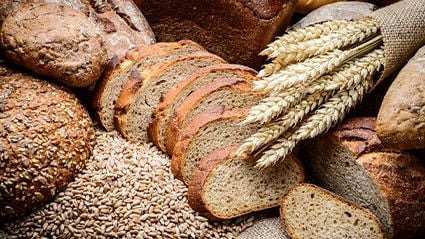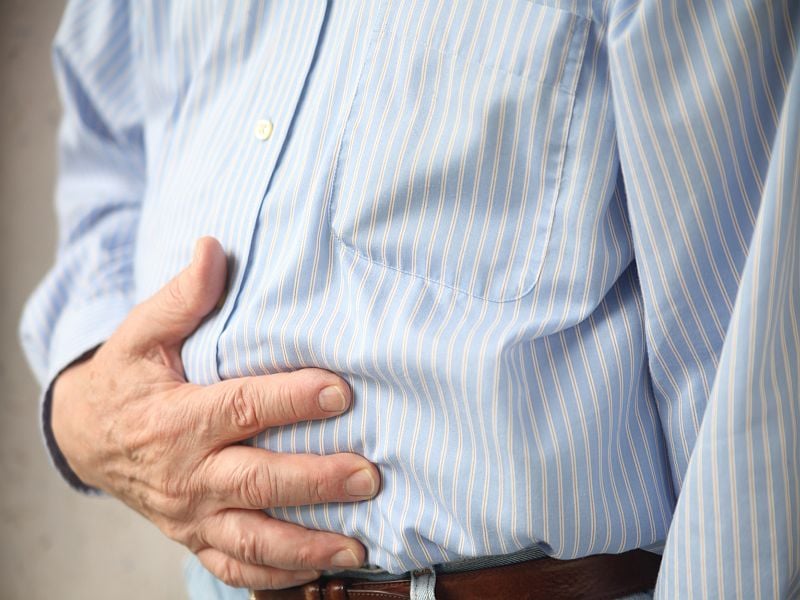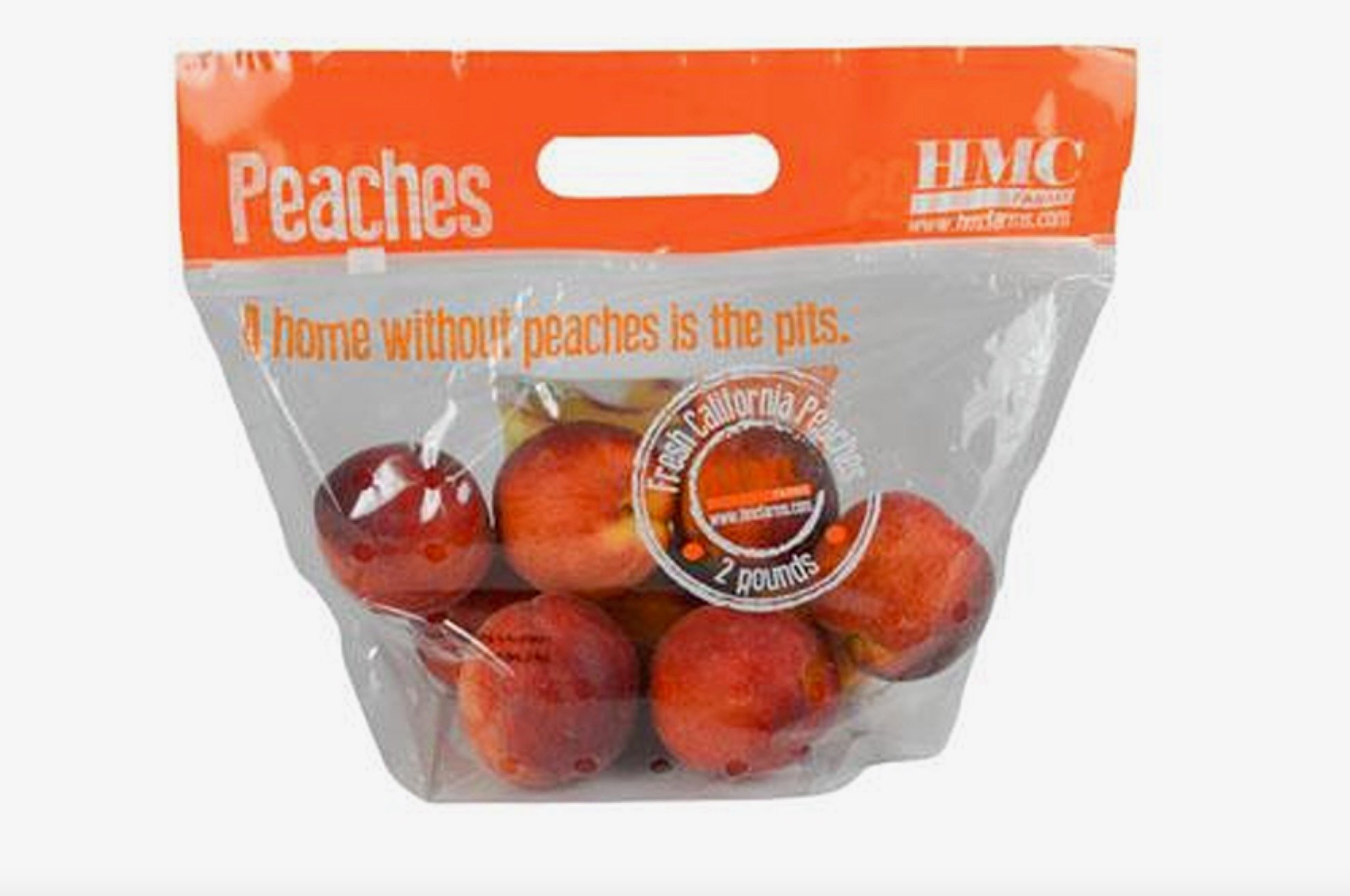
Women in a Chinese study who sat for more than six hours each day faced substantially higher odds of developing uterine fibroids before menopause, a new study has found. Overall, more sedentary women had double the risk of developing the often painful and harmful uterine growths prior to menopause, say a team led by Dr.… read on > read on >






























